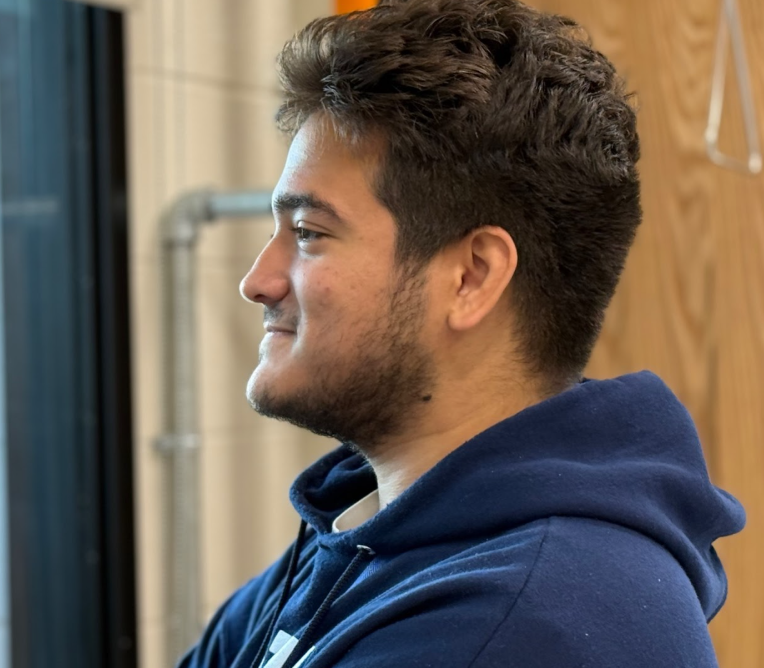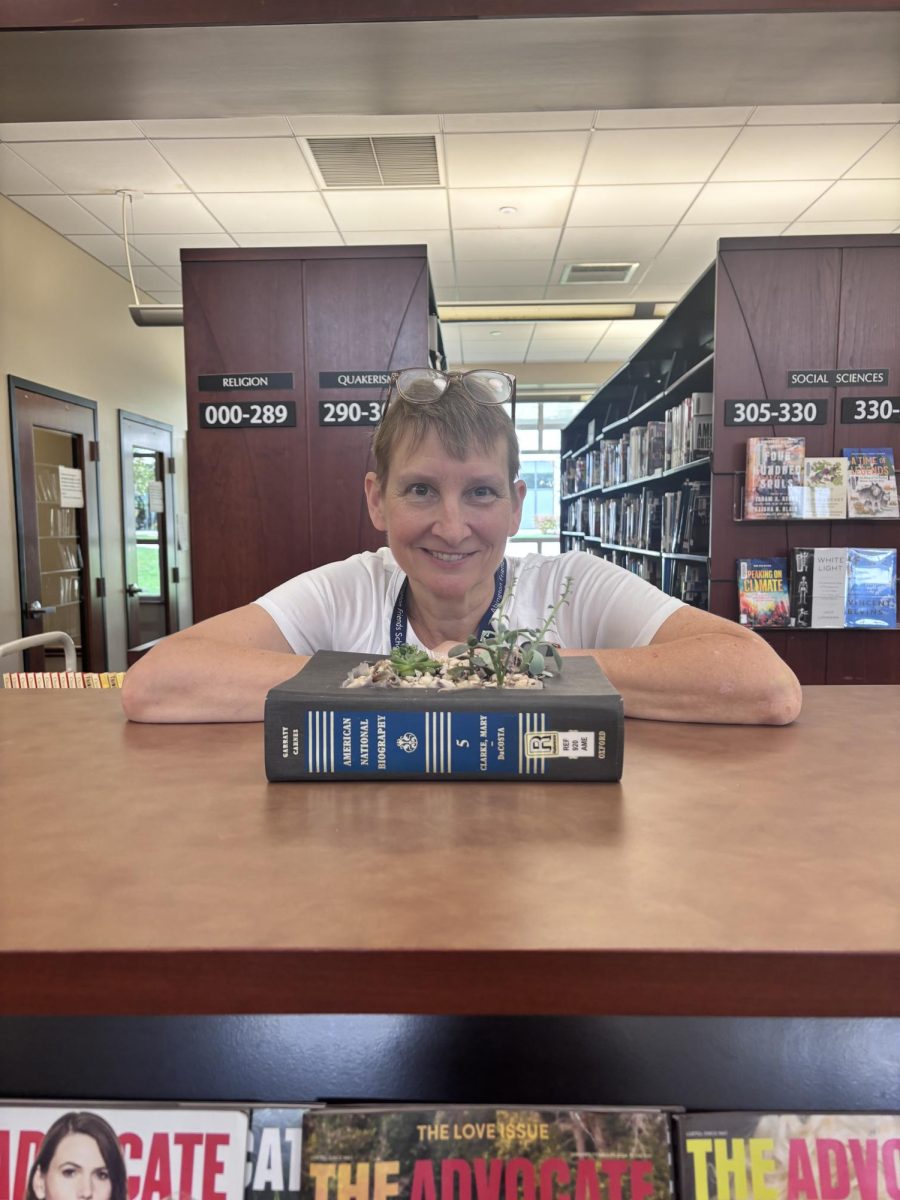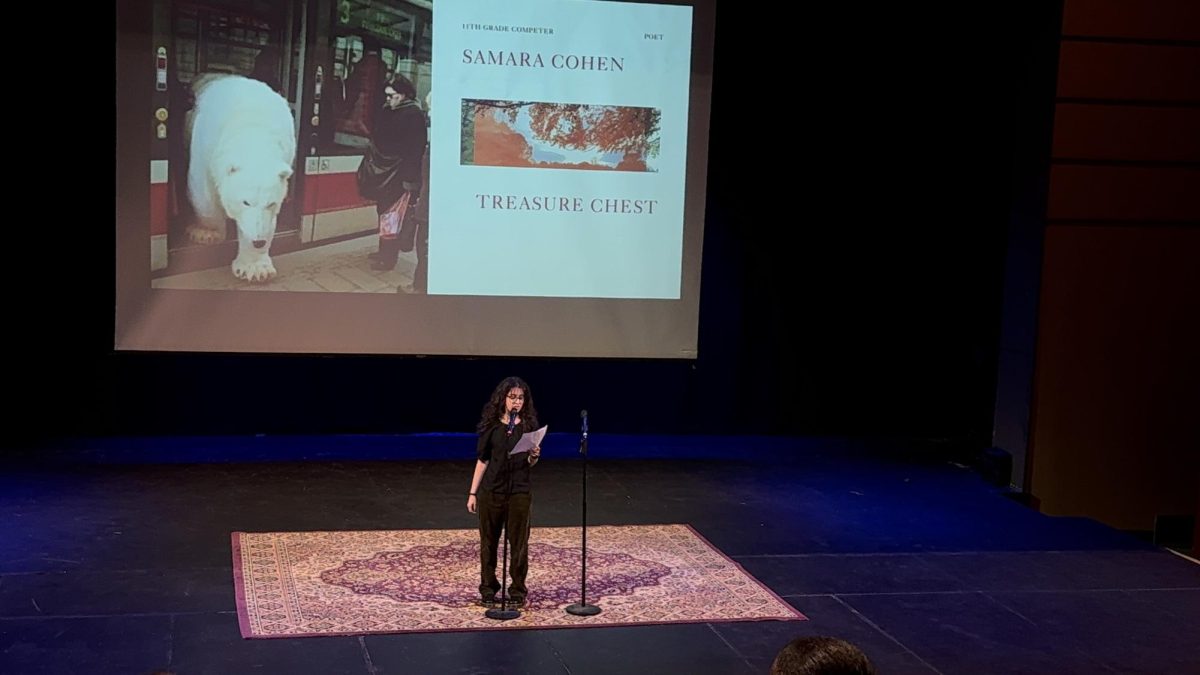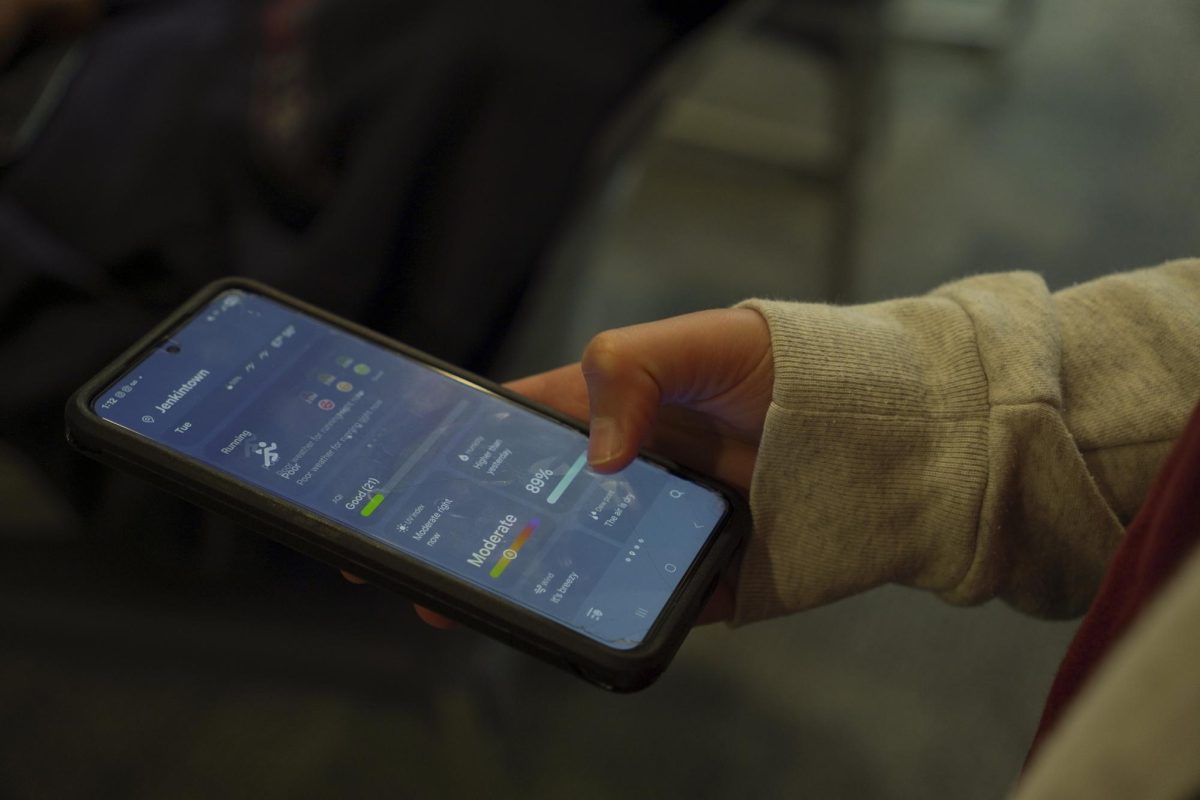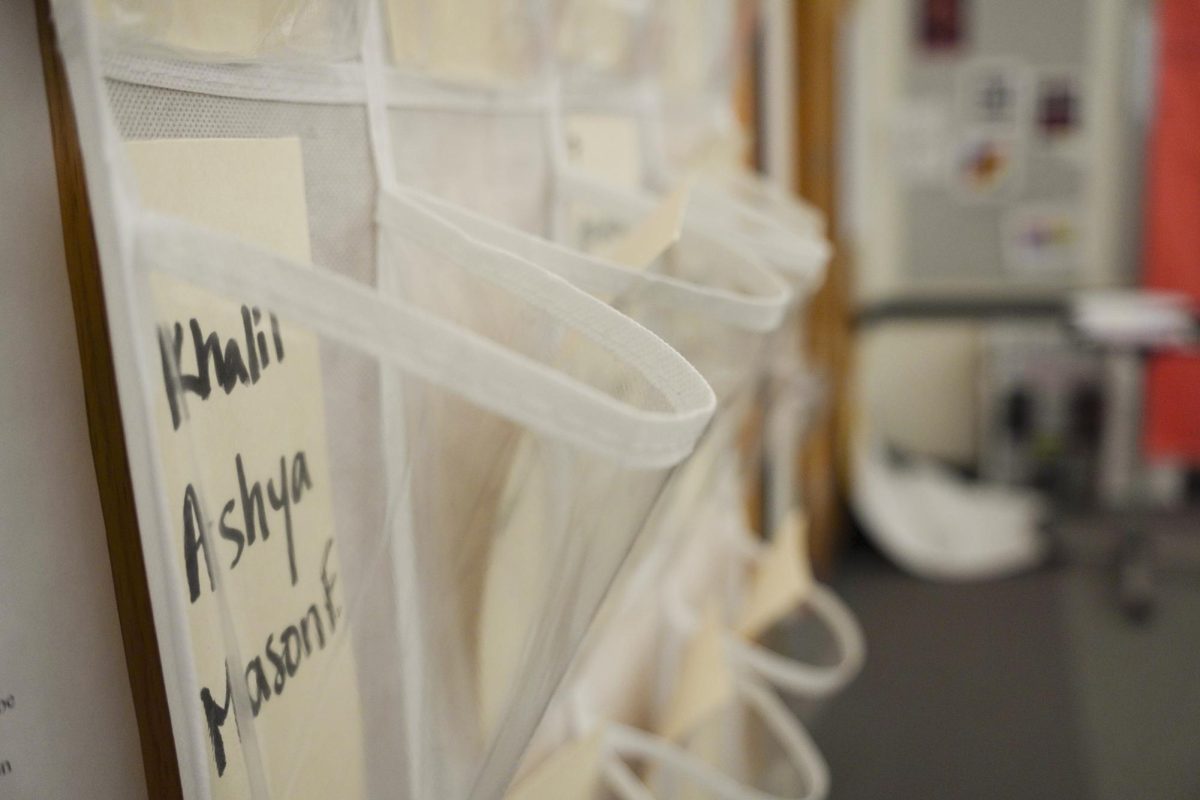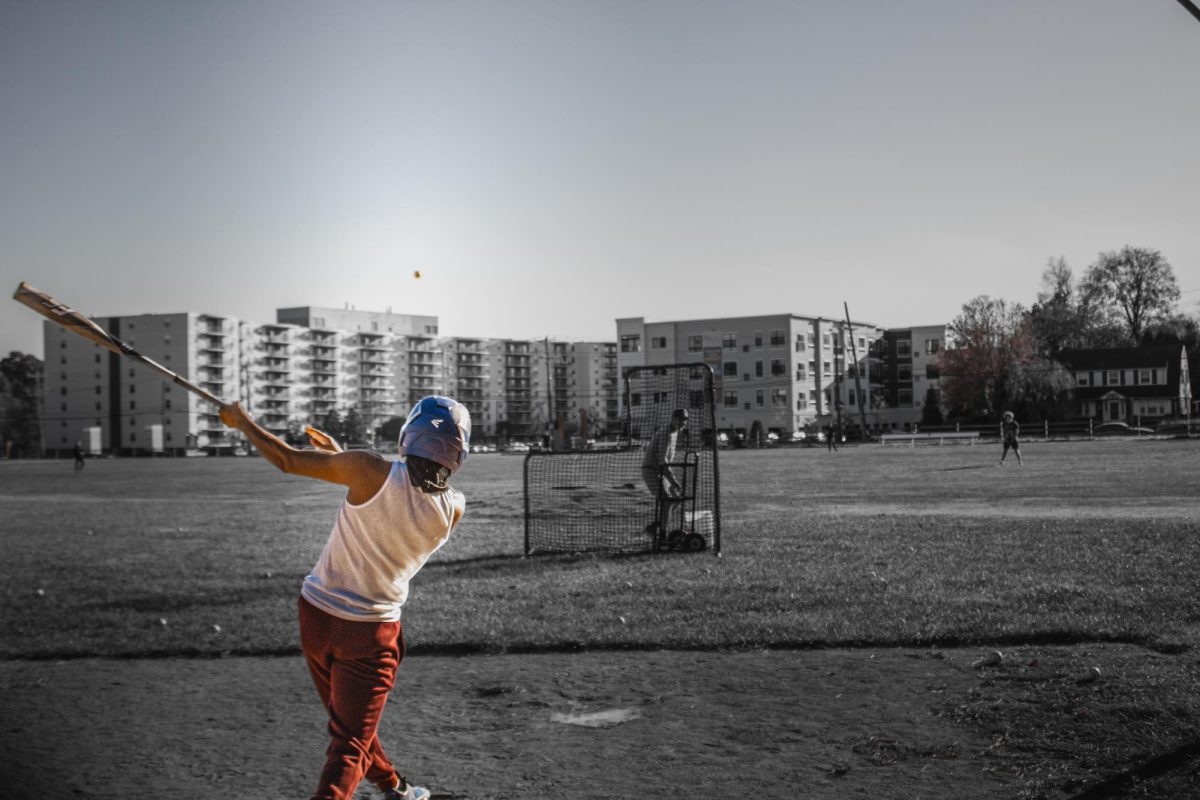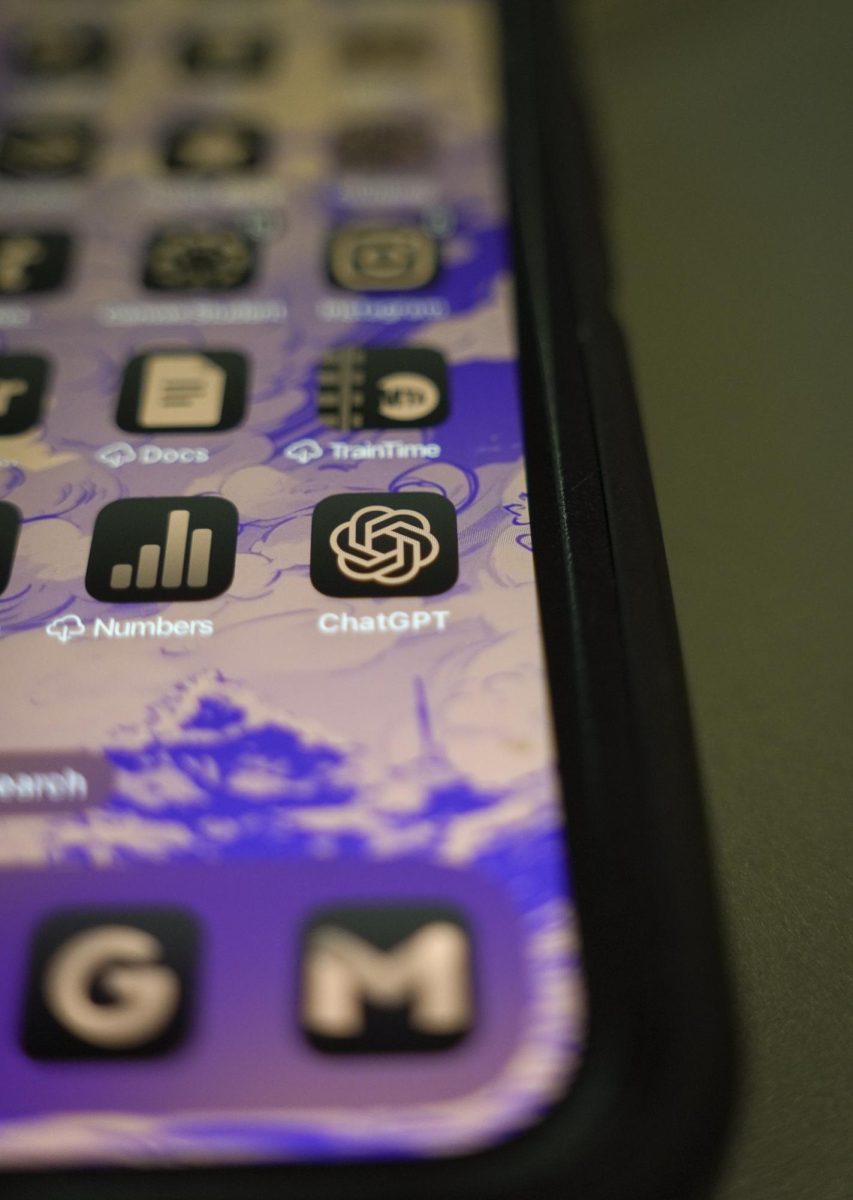Dear United States Department of Education,
Though I am incredibly fortunate to have had an Individualized Education Plan (IEP) under the Individuals with Disabilities Education Act (IDEA), my IEP has also hindered my academic success, disempowered me in my academic career, and dehumanized me and my existence as a learner. That IEP was a confining vessel, a reality I and many others face and continue to face. In fact roughly 15 percent of public school students received special education services in the 2022-23 school year.
The very structure of an IEP, the process of its formation and procedures that uphold its establishment are patronizing in design yet strategically formulaic. The formula does not aim to see humans with disabilities as complex and beautiful beings incredibly capable of academic success. The basic formula that guides the so-called IEP process includes identifying and evaluating then convening an IEP meeting when services are found to be needed. If this process seems innocent enough, just wait for the years of reevaluation and tracking of arbitrary goals.
The disconnect between receiving adequate services that provide a “free and appropriate education” and empowering students to seek fulfillment in learning was a battle I wrestled with everyday. If teachers and administration believed I was worth listening to and had something intelligent to say about my learning, I would have received an IEP that empowered me as a learner and inspired me to engage academically. If you are not empowering students to take agency and listening to their feedback in creating IEPs, are you really providing an “appropriate education”?
Your obsession with efficiency, which manifests as constant goal monitoring and evaluation, patronizes and disempowers students, causing academic withdrawal and loss of interest in learning. Progress and goal tracking in special education unfortunately centers dialogue around areas of struggle rather than focusing on strengths, which gives rise to schools overlooking the intelligence of individuals with disabilities.
As a child, constantly being surrounded by goals and hearing about the gaps between my goals and achievement made me not want to engage in the learning I was offered. Even so, I still showed up, but that is not always the case among students with learning differences. For example, in New York City during the 2022-23 school year, a staggering 46 percent of students with disabilities were considered to be chronically absent compared to 31 percent of those without disabilities.
I invite you to open your heart, soul, and mind to the possibility of considering us a people with a breadth and variety of capabilities and shift your narrative away from what you want for us. Listen to us, we know what we need to excel in school. Society has underscored our weakness enough, so trust me, you don’t need to center your specialized education around our weakness. It is not deepening our education or empowering us, it only upholds the societal stigma we face everyday.
Sincerely,
Solomon Fishman






